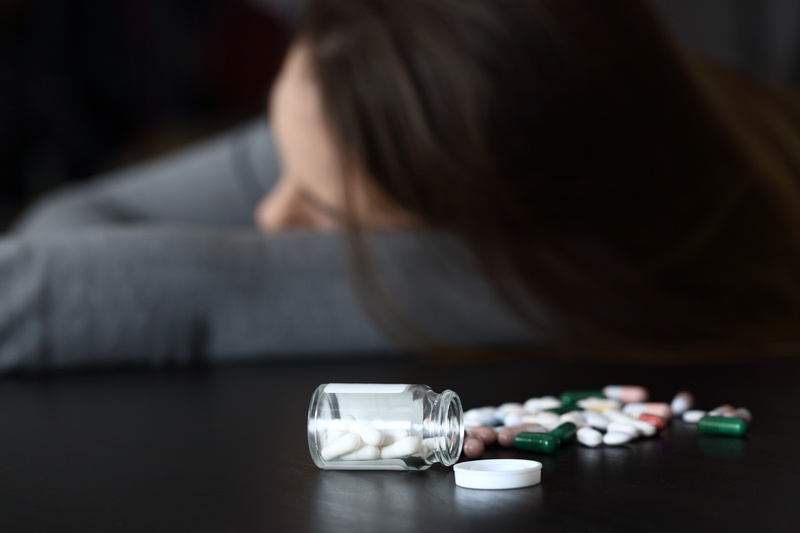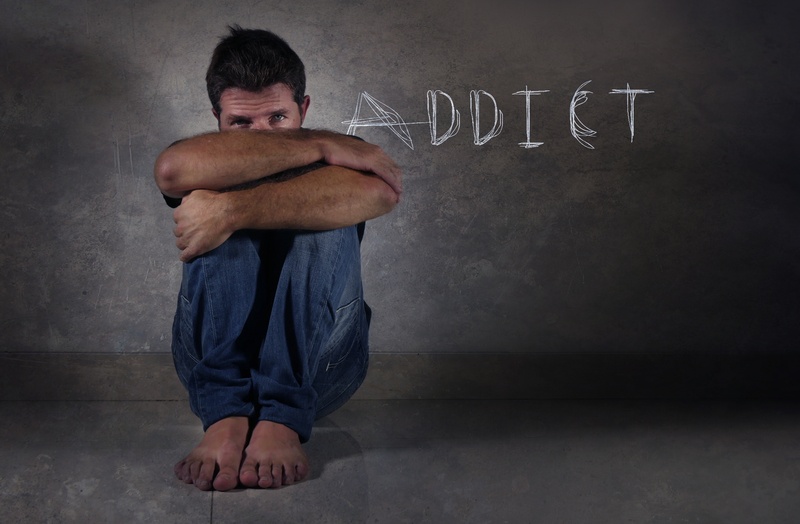How We Can Reduce Addiction Stigma (So That More People Seek Help)

Addiction is a worldwide crisis that affects people from all walks of life. It’s likely that you personally know— or know of— someone who’s been affected by and/or succumbed to substance use addiction.
In Canada, approximately 11 Canadians die each day from opioid related incidents.
More than 10,300 Canadians have lost their lives to opioid-related overdoses in the past three years. (1)
Could many of these deaths have been prevented? We believe the answer is yes. The reason why many people don’t seek or receive the help they need in time is because of the stigma of addiction.
What is Addiction Stigma?
Stigma is defined as a “mark of disgrace associated with a particular circumstance, quality, or person.”
It’s the negative ways our society views people who are addicted. It’s treating drug users as though they’re failures, and they are “less than”.
Stigma is calling someone who uses drugs derogatory terms, such as “a junkie”.
It’s refusing someone medical help until their addiction is under control.
If a person struggling with addiction internalizes these negative beliefs, that’s self stigma.
And, if a person has reached out for help in the past and was faced with stigma and felt judgement, rejection, or shame— they’re far less likely to reach out for help a second time.
Why Does Stigma Exist?
Stigma exists due to a lack of truthful information about addiction.
What most people don’t understand about addiction is that it’s not a choice. There are false beliefs that overcoming addiction is simply a matter of willpower, and that a person has brought addiction upon themselves by choosing to use drugs in the first place.
The truth is, the onset of addiction is far more complicated than what meets the eye. There are several factors that can cause a person to be more susceptible to addiction, such as:
● Genetics
● A person’s upbringing (parents fighting, bullying, neglect, addicted parents)
● Environmental factors (living or working in a stressful environment)
● Divorce, relationship trauma, domestic violence
● Physical, emotional, verbal and sexual abuse
● Mental illness
● Peer pressure
● Accidents, loss of a loved one, natural disasters
The most important thing we can do as a society is to neutralize the negative beliefs around drug use and addiction.
If we can bring more awareness, education, compassion, and understanding to the topic of addiction— together, we’ll be able to neutralize negative beliefs and misconceptions. People suffering from addiction will be more likely to seek and receive the help they need to recover.
The Shame of Addiction: A Vicious Cycle

In almost every case, addiction can also be traced back to a painful experience or some form of trauma. These situations on their own can leave a person to go through life with deeply rooted shame.
If a person lacks healthy coping mechanisms to heal from past trauma, they may be more likely to turn to drugs, alcohol, and other addictive behaviours for relief— and to numb painful feelings and memories (whether conscious or unconscious).
Once a person starts using drugs more frequently and an addiction forms, they’re now also faced with the stigma of addiction. This creates another layer of shame on top of the pre-existing shame and/or pain that triggered a person to use in the first place.
Depending on the culture a person is immersed in, there can be a great deal of undeserved shame associated with such circumstances. By helping reduce the stigma of addiction, we can eliminate at least one layer of shame that perpetuates this vicious cycle.
3 Things We Can Do As a Community to Reduce Addiction Stigma
1. Have compassion and don’t judge those who are suffering from addiction.
Realize that the people who are suffering from addiction are people who have feelings, just like you. Appearances do not tell the whole picture of the path a person is walking, or what they’ve been through.
2. Educate yourself and others on substance use disorders by reading science-backed studies, research, blogs, listening to podcasts, and reading books.
In The Realm of Hungry Ghosts: Close Encounters With Addiction by Dr. Gabor Mate discusses his experiences as a physician treating patients on Vancouver’s Downtown Eastside. Through real life stories, he illustrates the “aching emptiness” and longing for security, relief, fulfillment, and love his addicted patients are seeking through substance use.
3. Treat all people equally.

Each one of us deserves to be treated with respect, care and compassion. If you come across someone who uses drugs, rather than look down upon them or avoid them, treat them with respect.
This can greatly improve their confidence, sense of self worth and belonging in society, and may encourage them to reach out to the community for help.
